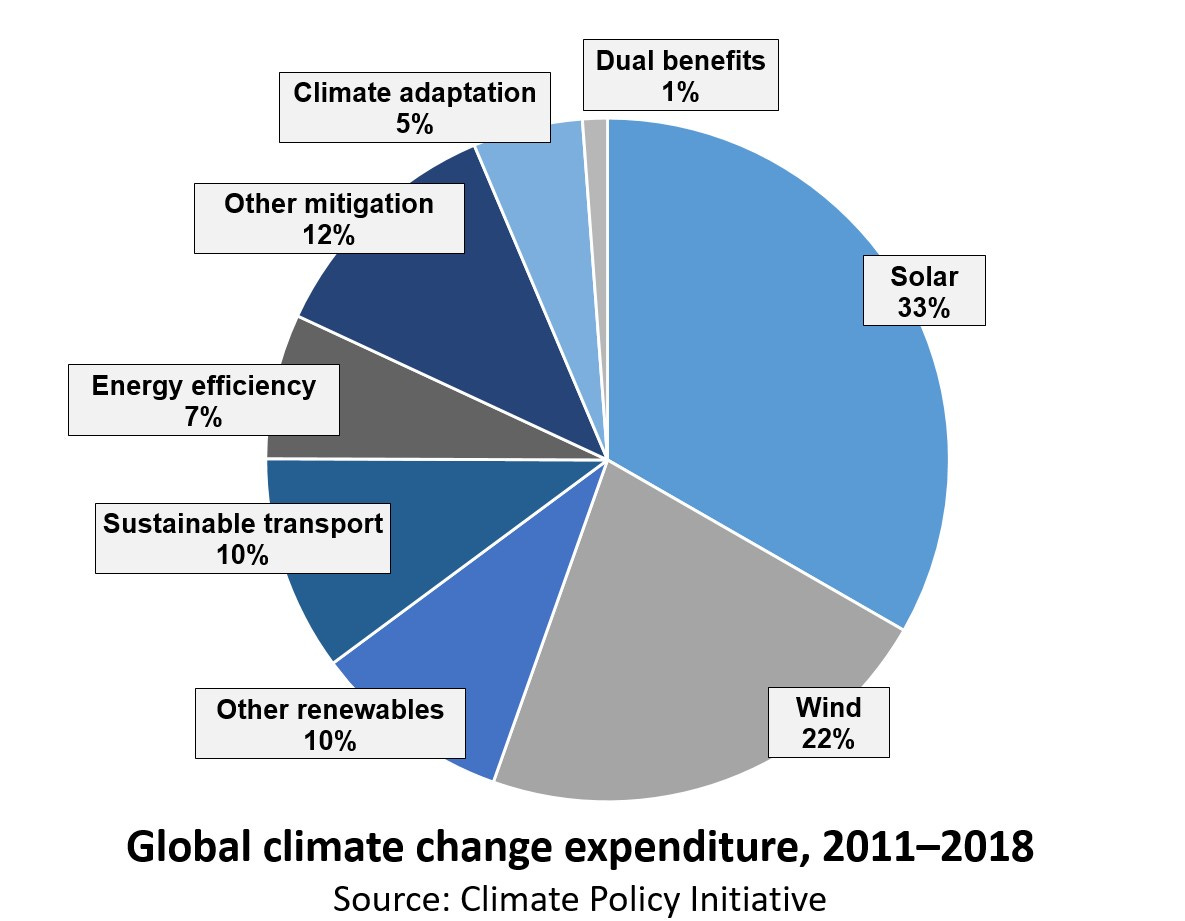What is power reliability?
Power reliability refers to the ability of a power system to provide a continuous and uninterrupted electricity supply to consumers without any disruptions or outages. Essentially, it is the measure of how dependable the electricity supply is in a particular area or system.
Power reliability is typically measured by various performance indicators, such as the frequency and duration of power outages, the average time to restore power after an outage, and the number of interruptions experienced by customers. Power utilities and regulators use these indicators to monitor and improve the reliability of the power supply to meet the needs of consumers and keep society functioning.
Factors that can affect power reliability include weather conditions, equipment failures, human errors, and natural disasters. To ensure power reliability, power utilities invest in infrastructure improvements, such as upgrading aging equipment, increasing system redundancy, and implementing advanced monitoring and control systems.
Recently, I have seen many claims that wind and solar are as reliable as fossil fuel and this has been in part what has been driving the enormous expenditures being poured into these technologies.
Source: https://stopthesethings.com/2020/11/03/in-a-nutshell-new-research-shows-why-unreliable-wind-solar-can-never-power-us/
How reliable are wind and solar as compared to fossil fuels?
Keep reading with a 7-day free trial
Subscribe to Irrational Fear to keep reading this post and get 7 days of free access to the full post archives.


